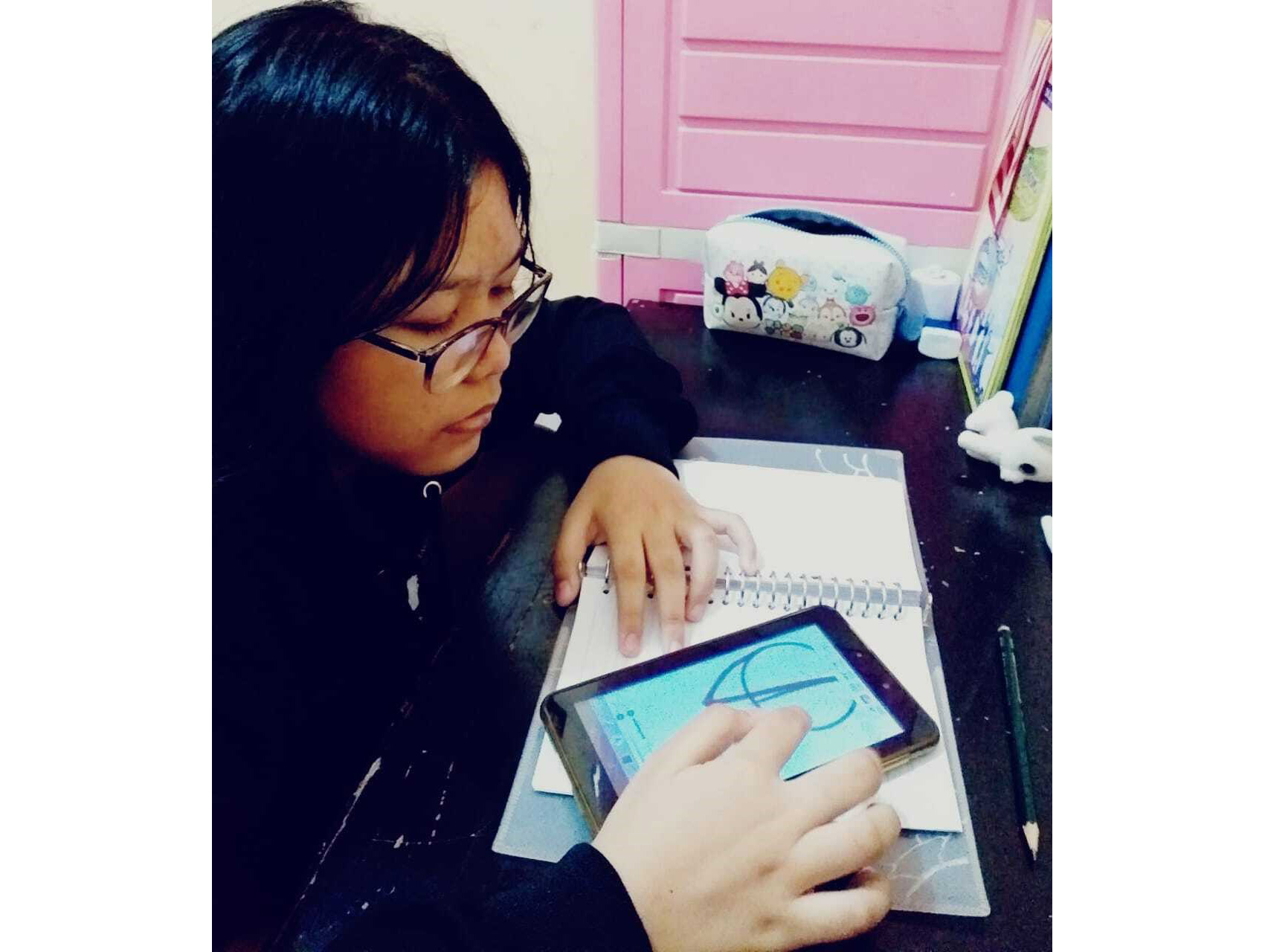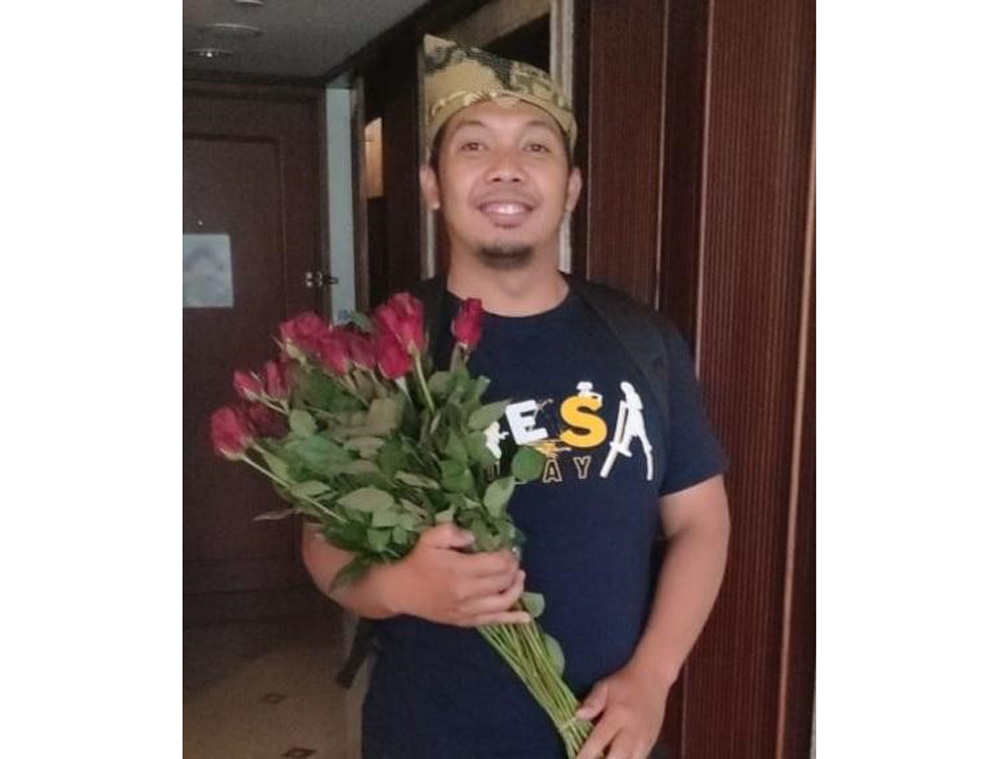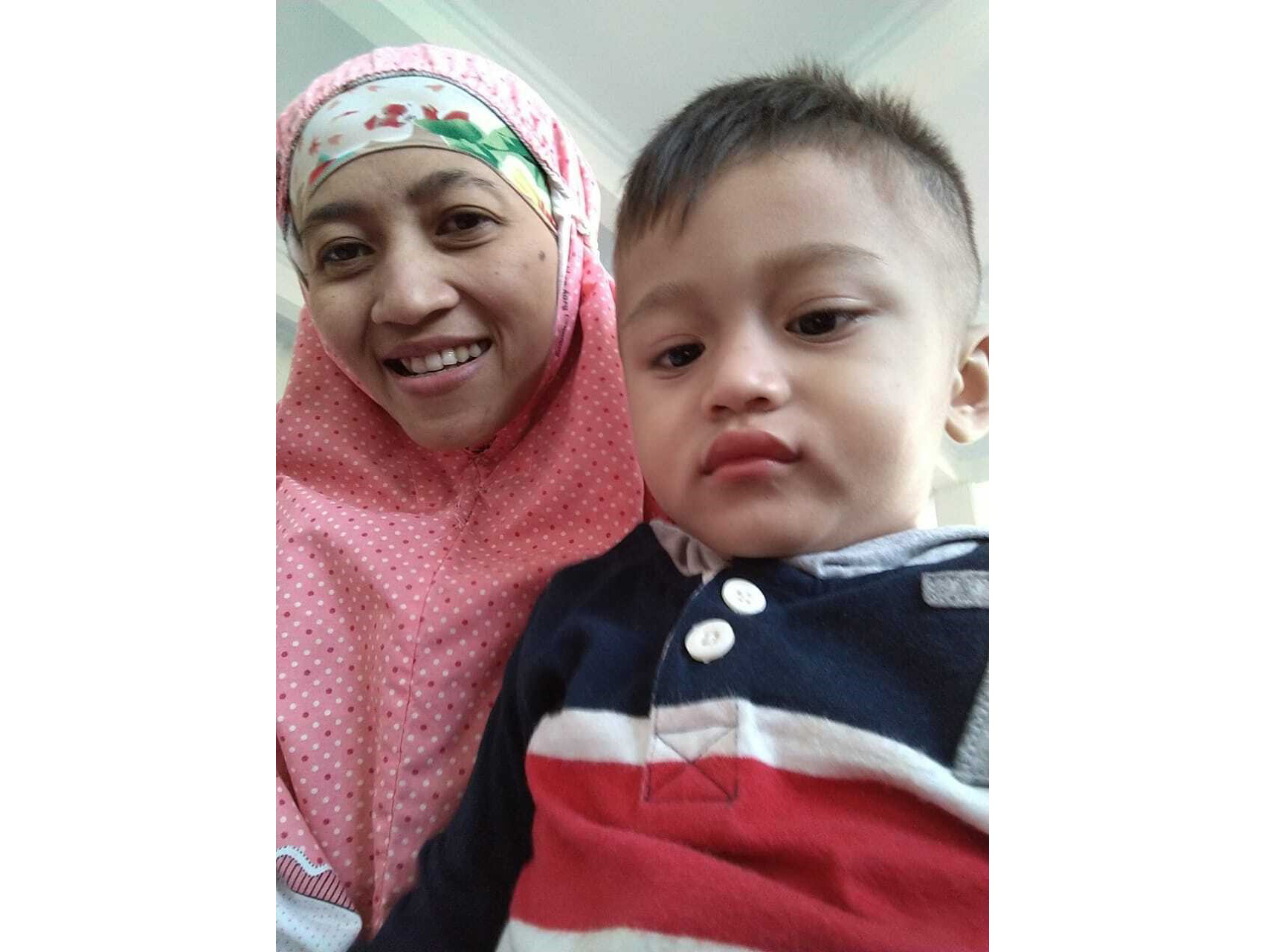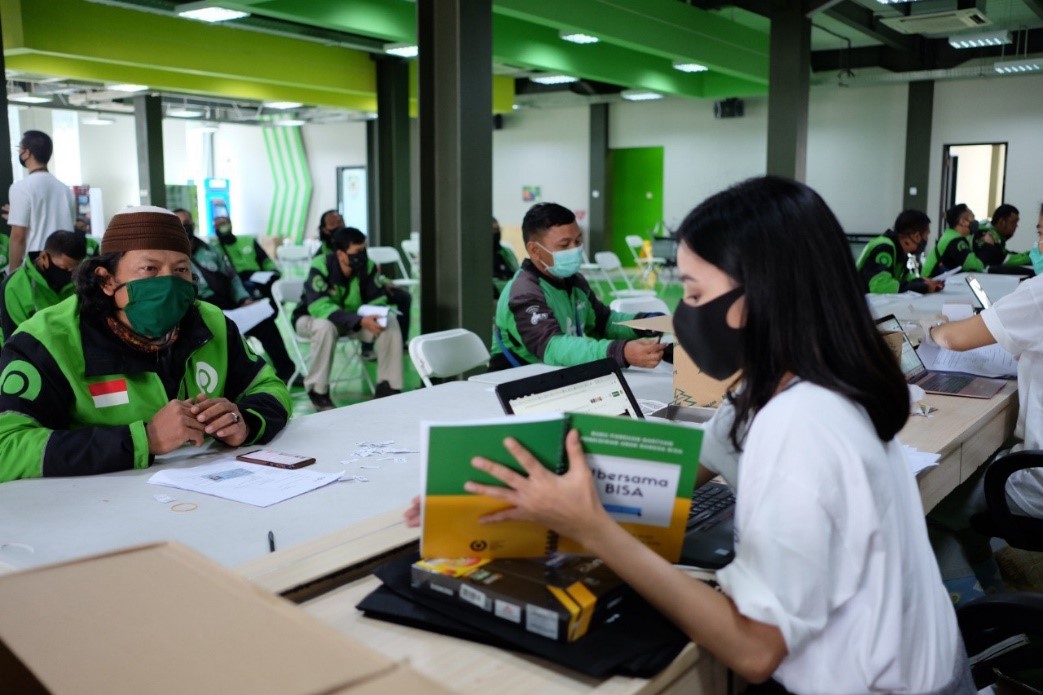Indonesia has lofty goals for the future, but is the coveted golden generation borne from nature or nurture?
To understand the discourse, one must take into account the significance of the year 2045. Marking Indonesia’s centennial of independence, it is no surprise that the government has set its goals sky high.
According to the Indonesia Emas (Golden Indonesia) 2045 vision, Indonesia aims to become a developed country and the fifth-largest economy by the time the celebrations come. By 2045, Indonesia’s population is expected to be more than 300 million, while its GDP is expected to reach US$23,000.
As President Joko “Jokowi” Widodo stipulated during the early days of his administration, human capital is one of the prioritized sectors needed to achieve the vision’s goals, as an increasingly online world will require a digital-ready workforce with a strong mastery of the latest cutting edge technologies.
At the same time, a 2019 study by the Organisation for Economic Co-operation and Development (OECD) found that six out of 10 adults are lacking in IT skills, while another report in January 2021 found that approximately 14 percent of the workforce are at risk of losing their jobs from automation in the future.
With approximately 70 percent of the population at working age, it is quite clear Indonesia will need some serious collaboration with every stakeholder involved, both government and private sector.
In line with this vision, nonprofit organization Yayasan Anak Bangsa Bisa (YABB) has set its sights on education and human development. As a nod to its founder, the online on-demand service platform Gojek, YABB has focused its efforts on creating more opportunities for learning in the technology sector.
In an interview with The Jakarta Post, YABB chairperson Monica Oudang said empowering Indonesia’s human resources had always been one of the foundation’s pillars, especially in relation to technology.
“Our mission is to help create more changemakers with the principles of innovation and technology. As proof of that commitment, our programs are run with those principles in mind,” she said.
According to Monica, YABB’s programs are aligned with the Indonesia Emas 2045 vision as Gojek believes human resources are what makes the difference in a company.
“If we want Indonesia to leap forward, we of course need to invest in our human capital. We need to prepare a generation that will be able to tackle the coming challenges, which begins by developing their critical thinking skills, agility in learning, curiosity and emotional intelligence, which the new ways of working will be based on.”
Currently, YABB is running three programs: BersamaBISA, a program that focuses on supporting hundreds of academically outstanding children of Gojek driver-partners who are on the brink of discontinuing their education because of the economic downturn caused by the pandemic; BersamaCERDAS, a donation program for laptops preinstalled with teaching content; and Generasi GIGIH, an internship program focused on nurturing tech talents to give them an edge in an increasingly competitive workforce.
BersamaBISA was born during the early days of the pandemic, when YABB observed the significant potential of students dropping out of school due to the lack of infrastructure required for online learning. At the same time, emotional support is sorely needed during the transition.
“In BersamaBISA, we not only provide devices, but also facilitate students with a curriculum that will provide them with the skill sets and growth-oriented mindset. We also provide mentorship with Gojek employees, who are excited and enthusiastic about helping the students succeed,” Monica said.

One of BersamaBISA’s brightest students is 12-year-old Bernadet Andrea Rosari, a seventh grader who is passionate about making comics and stories. Oca, as she likes to be called, has even published her first work, Gadis Kristal (Crystal Girl), on the online comic and novel platform Mangatoon, amassing more than 13,000 readers.
“I discovered my passion for drawing when I was in third or fourth grade, starting by doodling in the back of my books. When YABB announced the program, my dad told me to make a video with him and said I could receive a scholarship if I was lucky. I was chosen as one of the participants for the program, which really helped me to focus on pursuing my dream and my passion for drawing,” Oca said during a joint video conference with YABB.
Meanwhile, BersamaCERDAS started from Gojek’s unused electronic devices. While technological depreciation will naturally occur in a tech company, the devices are still fit for use in any other application.
The program aims to bridge digital literacy by also working with content providers to pre-load the donated devices with educational content as along with a dearth of devices, one of the biggest challenges in digital literacy is difficulty in accessing the internet.
As of October, around 260 laptops have been donated to 14 cities and regencies in five provinces.
One community supported by BersamaCERDAS is the village of Bulukerto, Batu, East Java. Through the community organization Yayasan Arek Lintang (ALIT), which focuses on children’s rights, the village received several laptops that were used by children to learn computer skills, access information on the internet, as well as participate in online learning under the supervision of ALIT volunteers.
The laptops from BercamaCERDAS were also used by ALIT to provide educational content for children in dealing with pandemic challenges through its program titled "Recognize, Prevent and Seek Help in Facing COVD-19."
Hidayat, a community figure and member of ALIT, said the rapid shift to online learning took the village’s education units by surprise, including students, parents and the educators themselves. YABB’s support, he continued, allowed the children of Bulukerto to prepare for the digital era.

“Digitalization is one way to promote our village’s programs, and we are also preparing our children so they are able to utilize technology in the best possible way,” he said.
For Generasi GIGIH, the challenge is in creating digital talents for product engineering with its three streams: front-end engineer, back-end engineer and data analyst. Participants in all three streams will also receive an internship opportunity.
“Based on my experience at Gojek as HR director, I’ve observed that Indonesia is not lacking in intelligent and creative people, but they don’t know what they don’t know. What we do in this program is to help these people adapt quickly to their environment,” she explained.
Generasi GIGIH started with approximately 857 participants in the beginner phase, who underwent a strict selection process. About 63 participants received internship opportunities at 14 industry partners working with YABB, with the goal of being immediately absorbed into the workforce.
One of these participants is Eka Dewi, a stay-at-home mother who dreams of being a programmer. So strong is Eka’s desire to learn that she learned how to code from screenshots sent by her friend to catch up to the class.

According to Eka, she was born in the 1980s, when computers were not as ubiquitous as today. Even during her university years, she had to go to computer rentals and queue for hours just for the chance to use a computer.
“Finishing assignments was hard enough, let alone improving my computer skills. At that time, women in technology were a rarity. In my class of 100, only about 10 were women,” she recalled, adding that she jumped at the chance to learn about computers whenever there was an opportunity.
“With Generasi GIGIH, things I considered difficult back then have been opened up for anyone interested, including for me as a housewife to learn web programming. I never learned about it during my time at university, but at Generasi GIGIH, I was given the opportunity to learn it independently, with the supervision of a mentor, up to an internship. I think this is something incredible,” Eka said.
“As I said before, we are not lacking intelligent or creative people, but if they don’t know what ‘world-class’ is like, if they were not given the exposure or the opportunity, then they will never know. This is where YABB comes in by providing access and exposure, showing them what Indonesia Emas 2045 really is,” Monica concluded.



